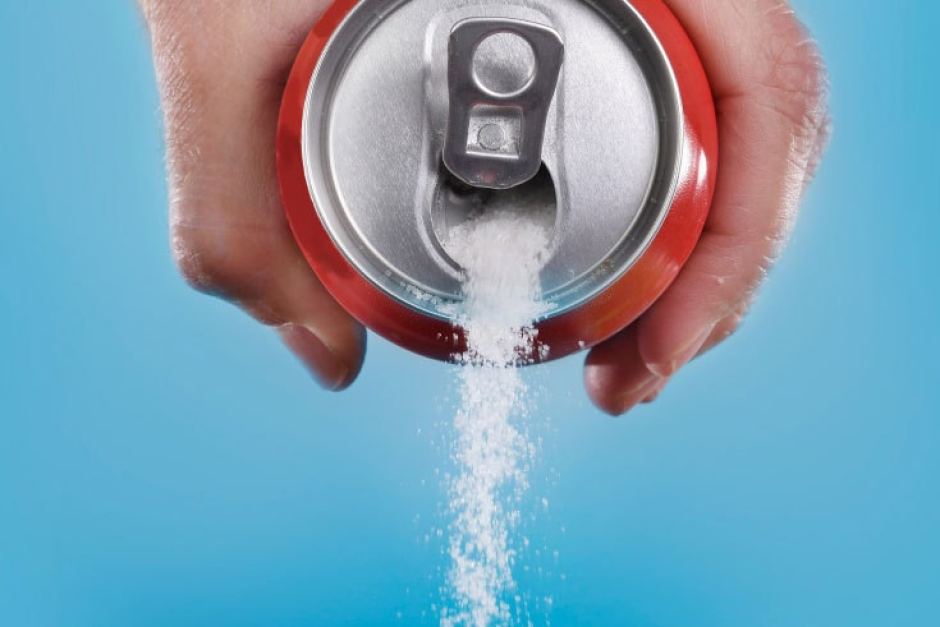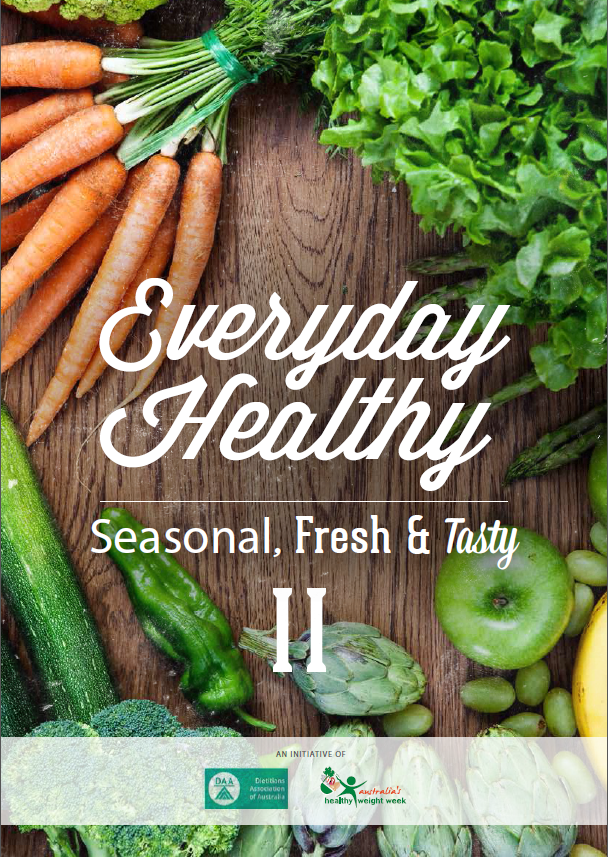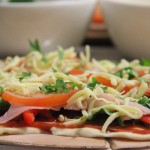Water is an essential nutrient for life. Although a person can live without food for more than a month, a person can only live without water for approximately one week (1). Water is required for digestion, absorption and transportation of nutrients. It is also required for elimination of waste products and thermoregulation (2).
Staying hydrated is essential for the way our body functions and for the maintenance of good health. Did you know that simply breathing uses half a litre of water every day!? (1) Dehydration has also been shown to link to a number of health concerns such as increased risk of kidney stones, increased risk of urinary tract and colon cancer, diminished physical and mental performance as well as increased risk of childhood obesity (2). Being dehydrated before playing sports can severely affect your athletic performance, slowing you down and making you less powerful. Also, undertaking exercise will increase your body’s water requirements. So be sure to hydrate with water before, during and after exercise.
Sports Medicine Australia has recommended that children consume 150–200ml (adolescents 300–400ml) of fluid 45 minutes before exercise, and 75–100ml (adolescents 150–200ml) every 20 minutes whilst exercising.
WATER
The Australian Dietary Guidelines recommend water as the drink of choice, outlining that “excessive consumption of fruit juice and soft drinks should be discouraged: these liquids have a high sugar and energy content, which may displace other nutrients in the diet and contribute to dental issues.”(2) It is important to also note that high fluid containing foods such as fruit and vegetables are excellent sources of water, fibre and valuable nutrients.
Water – Go for it! Drink up.
SPORTS DRINKS
With an average of 9 teaspoons of sugar per 600ml, these should be reserved for prolonged, high intensity exercise to assist fluid, fuel and electrolyte delivery (3). Otherwise you may be consuming more energy than you are burning! For most people, these are not needed for recreational sport or short duration and/or low level activity.
Sports Drinks – Limit intake. Only required for high intensity, long duration exercise.
MILK
Milk is an excellent source of many nutrients. Dietary calcium is important for skeletal growth for the attainment of peak bone mass in adolescence (2) The Australian Guide to Healthy Eating recommends that children and adolescents consume two to three servings daily from the dairy group. One glass of milk (250ml), 2 slices of cheese (40g) or 1 tub of yoghurt (200g) represents one serving.
Milk – Not a substitute for water but important to help meet dairy requirements.
SOFT DRINKS
Soft drinks are high in sugar and energy and are nutritionally poor. Consumption of cola beverages, in particular, has been associated with bone fractures in physically active girls attending a US high school (mean age 15 years); this may be because of the high phosphoric acid content in cola drinks. (4) In addition, caffeine increases the rate of elimination of calcium from the body. (5) Soft drinks may adversely affect calcium balance and increase the risk of bone fractures and osteoporosis in later life (6).
Soft drinks – Avoid
FRUIT JUICE
A serve of fruit juice is 150ml. The main carbohydrates present in fruit juice are fructose, glucose and sorbitol. Excess fruit juice consumption has been associated with weight change, poor appetite, loose stools and with failure to thrive in early childhood (7).
Fruit Juice – Limit intake
ENERGY DRINKS
Energy drinks are not considered suitable for children, primarily because of their high caffeine content (up to 80mg/250ml). At high consumption levels, caffeine and other biologically active substances may exceed known safety levels in children (8).
Energy Drinks – Avoid
THE BOTTOM LINE:
Water is a good source of fluids as it can hydrate without adding additional energy to the diet. Intakes of fluids containing substantial amounts of added sugars should be moderated.
Whitney Atkinson
Founder and Accredited Practising Dietitian of Advanced Nutrition; working in partnership with Sports Central www.advancednutritionballarat.com.au, www.sportscentral.org.au
References:
- Choose Water as a Drink, Kirsti McVay and Sue Jeffreson, Dietary Guidelines for Children and Adolescents in Australia. 2003. NHMRC p 145-156
- Fun water facts: Fact sheet 2012, The Australian Nutrition Foundation nutritionaustralia.org, accessed 9/6/2016
- Healthy Choices Fact Sheet: Hydration for sports performance. Vic Sport, Vic Health, Nutrition Melbourne
- Wyshak G. Teenaged girls, carbonated beverage consumption, and bone fractures. Arch Pediatr Adolesc Med 2000;154:610–13
- Smith PF, Smith A, Miners J, McNeil J, Proudfoot A. Report from the Expert Working Group on the Safety Aspects of Dietary Caffeine. Canberra: Australia New Zealand Food Authority, 2000
- Wyshak G, Frisch RE. Carbonated beverages, dietary calcium, the dietary calcium/phosphorus ratio, and bone fractures in girls and boys. J Adolesc Hlth 1994;15:210–15
- Smith MM, Lifshitz F. Excess fruit juice consumption as a contributing factor in nonorganic failure to thrive. Pediatrics 1994;93(3):438–43
- Australia New Zealand Food Authority. Application A394—formulated caffeinated beverages: full assessment report and regulation impact statement. Canberra: ANZFA, 2000
Image: http://www.abc.net.au/news/2016-04-14/soft-drink-with-sugar-coming-out/7325192






